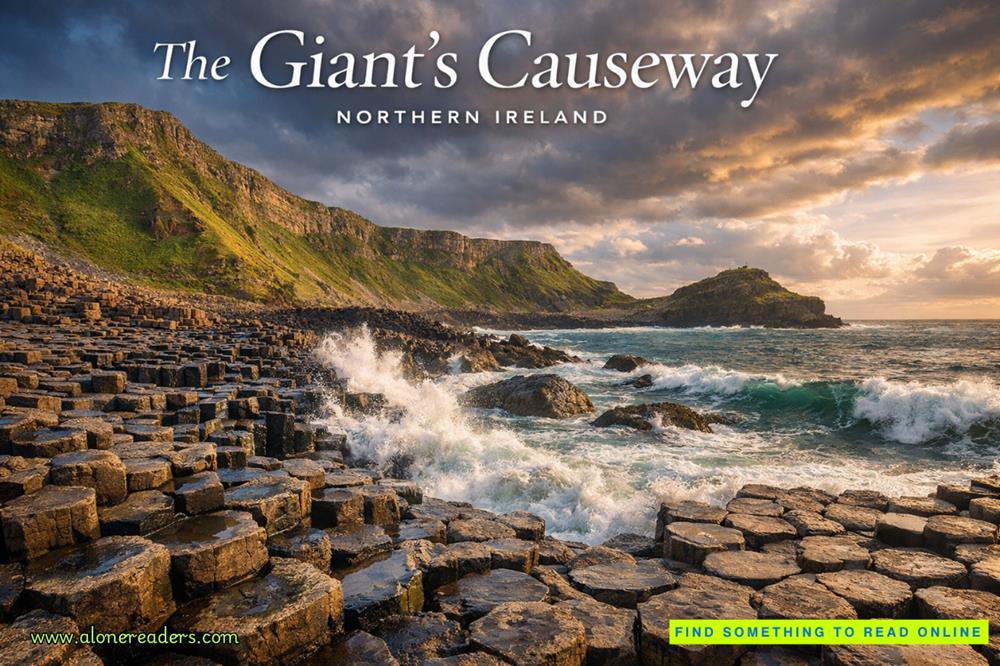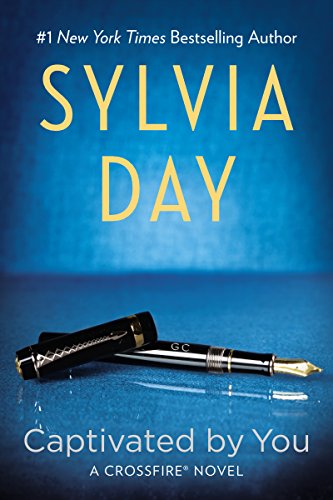Their owner stood next to Josiah’s body. His arms were tied above his head, dangling his body from the tree. His toes barely touched the earth. It was obvious he’d put up a good fight, his body torn up by branches and thorns, bug bites, and slices caused by something far sharper. A knife.
The crowd cheered as the whip slashed across Josiah’s back. His body swung around, giving the men and women in the wagon the full view of what he’d endured.
When the noose was thrown over the branch, they knew there was no saving Josiah.
His body would hang from that tree for the week. The only thing giving a temporary reprieve for Grover and the others was a wicked storm that covered the area.
Once again returned to the plantation, their somber faces told the others all they needed to know. Josiah was gone for good.
“What do we do now?” asked Beulah.
No one said a word, staring at one another, terrified, uncertain of their futures. Finally, Grover uttered the statement he knew had to be made.
“We find a way to leave.” He stared at the young woman he’d come to care for, to desire in the way men and women do.
“We’ll be killed, just like Josiah. There’s no escapin’, Grover. You know that. He’ll hunt us down like animals.”
“But we’re not animals,” said Grover. “Someone will listen. I heard that in the North, they don’t have slaves. We could get up there and maybe go into the northern territories.”
“And do you know the way?” scoffed an old woman.
“No. But we leave or we die.”
CHAPTER ELEVEN
“Ace? I need you to tell me what we have on Snow,” said Gaspar.
“Not much. I even asked the VG nerds for some help. This guy is like a ghost. Snow is obviously not his real name. I find no records of birth, marriage, or university records. The first appearance of his name was in Americus, Georgia, about ten years ago, where he bought more than a thousand acres of land.”
“A thousand acres? What the fuck for?” frowned Ian.
“Not sure. What we do know is that he bulldozed dozens of old buildings. Barns, sharecropper shacks, two crumbling plantations that were to be protected and eventually restored. He cleared all of it, then set the rubble on fire. He burned the trees, grass, everything. Put the fire out and sold the land for a profit to a community developer.”
“Jesus, what the hell is up with this guy?” asked Angel.
“After Georgia, there are similar instances in South Carolina, Alabama, Mississippi, then what we already know. Arkansas, Texas, Florida, and now here.”
“All southern states,” frowned Miller.
“What’s your point?” asked Ace.
“I’m not sure I have one. It’s an observation, but it must connect somehow. We have to find out who he really is, and that will help us to know his background better.”
“What really doesn’t make any sense,” said Sly, “is that he doesn’t really do anything with this land. He builds shitty homes, businesses, or nothing, then ensures that they’re destroyed either by him or by nature. I don’t get it.”
“I don’t get it either,” said Nine. “Is there anyone we can talk to? Former employees? Maybe the folks that were affected by this?”
“I’ll see if I can find someone,” said Ace.
“Where does he live?” asked Angel. “Maybe Trak and I should pay a visit.”
“His New Orleans address is a loft apartment in Tremé. Nothing special. A simple open-air space, once a warehouse. It’s on the second floor, but he owns the whole building.”
“Send us the address,” said Trak. He looked at Angel, then at Miller. “Let’s go.”
“Hey! You three don’t do anything stupid,” said Nine. Angel and Miller smirked at him, but Trak tilted his head, staring at him as if he didn’t understand the language.
“I found some information on the two councilmen that tilted toward Snow,” said Code. “Roger Thoms and Levon Mays are relatively new to the city council. Both are young, unmarried, and seriously in debt.”















